To prevent heat-related illnesses such as fainting and heat stroke, experts recommend drinking enough water, avoiding crowded areas and wearing light-colored clothing.
To prevent heat-related illnesses such as fainting and heat stroke, experts recommend drinking enough water, avoiding crowded areas and wearing light-colored clothing.
Heat illness is a serious medical condition caused by the body's inability to regulate its temperature. People can experience cramps, exhaustion, fainting, and heat stroke.
Normally, humans gradually maintain body temperature within a very narrow range, about 36 degrees Celsius to 37 degrees Celsius. Heat illness occurs when the human body cannot dissipate excess heat and cool itself properly, the body loses its "thermal equilibrium". When the body temperature is too hot, the blood vessels become larger, the heart beats faster and stronger. More blood flows to the outer layers of the skin from the inner core muscles.
Heat illness has specific stages and levels of severity. In the early stages, the body develops a heat rash, which is a type of skin irritation, a tingling sensation, causing the skin to turn red. Next comes heat cramps. The person with heat cramps feels thirsty and has muscle spasms. In the later stages, the person suffers from heat exhaustion. Symptoms include extreme fatigue, inability to walk, thirst, rapid pulse, and sweating. The most severe symptom is heatstroke. This is when the body temperature rises above 41 degrees Celsius. The person with heatstroke has confusion, hot and dry skin, and an inability to sweat. This is the most serious stage, which can be life-threatening.

To prevent heat-related illnesses, the simplest way is to always drink enough water, especially when you feel thirsty. People can monitor the color of their urine. If the urine is clear, your body is hydrated. If the urine is dark, your body is dehydrated.
In addition, experts recommend applying plenty of sunscreen to avoid sunburn and further dehydration. Wear light-colored, loose-fitting clothing made from breathable materials to help keep your body cool.
If you are an athlete or a worker who has to work a lot and continuously in the heat, experts recommend taking breaks in the shade at the right time and ensuring you drink enough water. People should pay attention to their age and medical history, as these are factors that affect the rate of heat-related illness.
Children and the elderly are at risk of heatstroke or heat stroke. Summer is also the holiday season, when people flock to concerts and outdoor events. Crowded spaces and high temperatures can easily cause fainting in people with poor health.
To provide first aid to someone who has fainted or is suffering from heat stroke, you can move them to a cooler, more ventilated area, such as an air-conditioned room or a shady area. Next, loosen their clothing to allow their skin to breathe and sweat to evaporate. They should be given water immediately to replenish their body fluids.
In severe cases, the patient may become confused and lose consciousness, call an ambulance immediately.
Source



![[Photo] Solemn opening of the 12th Military Party Congress for the 2025-2030 term](https://vphoto.vietnam.vn/thumb/1200x675/vietnam/resource/IMAGE/2025/9/30/2cd383b3130d41a1a4b5ace0d5eb989d)
![[Photo] President Luong Cuong receives President of the Cuban National Assembly Esteban Lazo Hernandez](https://vphoto.vietnam.vn/thumb/1200x675/vietnam/resource/IMAGE/2025/9/30/4d38932911c24f6ea1936252bd5427fa)
![[Photo] Panorama of the cable-stayed bridge, the final bottleneck of the Ben Luc-Long Thanh expressway](https://vphoto.vietnam.vn/thumb/1200x675/vietnam/resource/IMAGE/2025/9/30/391fdf21025541d6b2f092e49a17243f)
![[Photo] The 1st Congress of Phu Tho Provincial Party Committee, term 2025-2030](https://vphoto.vietnam.vn/thumb/1200x675/vietnam/resource/IMAGE/2025/9/30/1507da06216649bba8a1ce6251816820)
![[Photo] General Secretary To Lam, Secretary of the Central Military Commission attends the 12th Party Congress of the Army](https://vphoto.vietnam.vn/thumb/1200x675/vietnam/resource/IMAGE/2025/9/30/9b63aaa37ddb472ead84e3870a8ae825)
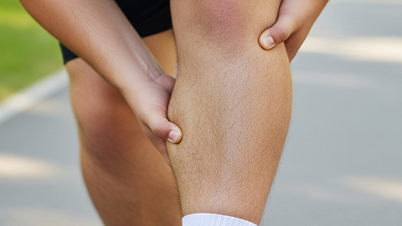


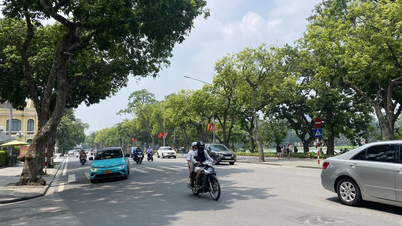

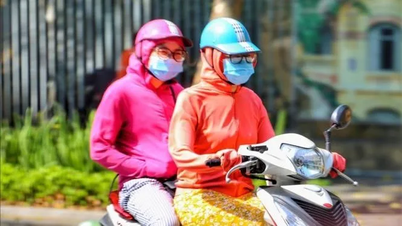




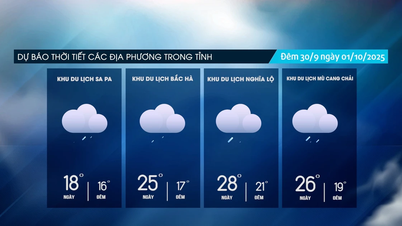



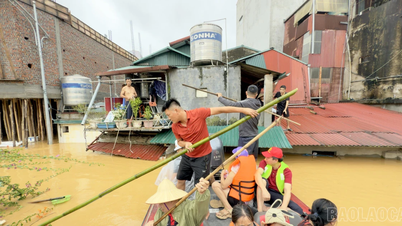













































































Comment (0)